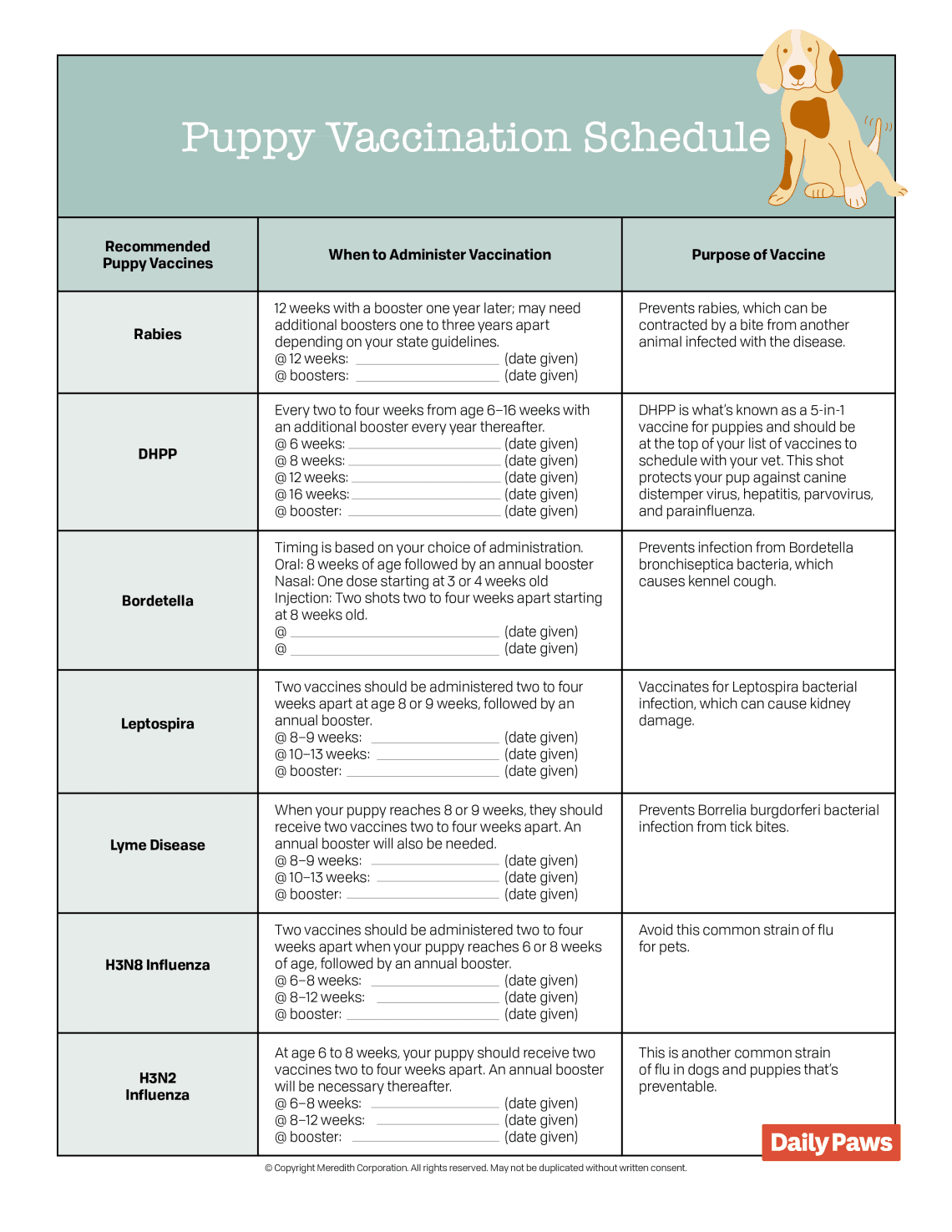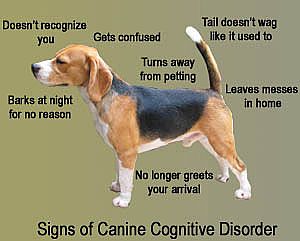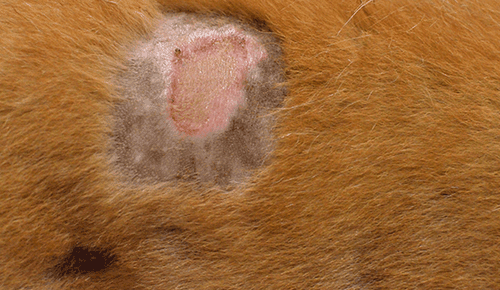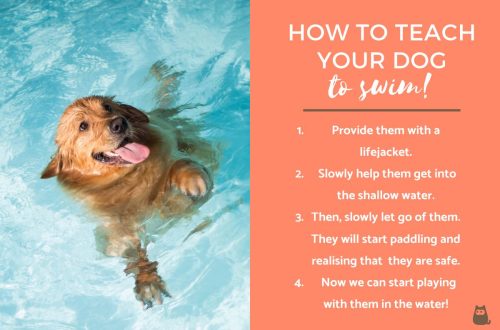
What vaccinations are given to puppies – rules, types and terms of vaccination
Contents
Why vaccinate your puppy
For 3-4 weeks after the birth of a puppy, his body is protected by the healing properties of mother’s milk. Up to 2 months this effect persists. And then there are fewer protective antibodies, the immune system weakens. The puppy is left alone with environmental infections.
Vaccination helps to form artificial protection – the introduction of special preparations of biological origin. They help to develop immunity to various kinds of diseases:
- rabies;
- infectious hepatitis;
- ringworm;
- adenovirus infections;
- the plague;
- parvovirus and coronavirus enteritis;
- microsporia;
- trichophytosis;
- leptospirosis;
- parvovirus;
- parainfluenza.
Weakened forms of pathogens contained in the drug cause a response in the body – antibodies are produced. It is they who protect the dog from diseases, remaining for a certain period.
Some puppies at this time are just starting to visit the street or are still living in an apartment. But this does not mean that they do not need vaccination. Pathogens can enter the house from the outside: through clothing, food, and even ventilation.
Diseases will require mandatory treatment, and, therefore, additional financial investments, often considerable ones. In addition, the risk of death of a small creature is great, and this is the worst thing. This is why neglecting vaccinations is not only a frivolous, but also a dangerous position.
In addition, vaccinations will be needed in the following cases:
- for pet participation in exhibitions;
- trips abroad.
All vaccines will be marked in a special passport. Without it, travel and participation in exhibitions are impossible!
Types of vaccinations for puppies
Depending on the active component, all vaccines are divided into two large groups:
- inactivated – dead microbes. They act slowly and for a very short time. That is why they will have to be re-installed;
- attenuated – weakened pathogens that are capable of reproduction. Stimulate the production of antibodies. They differ in long-term effect.
According to the composition, the preparations are divided into
- monovalent. These are vaccines containing only one infection, for example, EPM, Rabizin, Biovac-D, Kanivak-CH, Multican-1, Primodog;
- polyvalent. It is easy to guess that these vaccines include several infectious agents at once. As an example of such vaccinations, the following can be indicated: Vangrad-7, Nobivak, Multikan-4.
By origin, vaccinations are divided into
- domestic. These are Polivak, Geksakanivak, Vakderm, Multikan;
- foreign. Of the foreign drugs, they have proven themselves well: Hexadog, Nobivak, Vanguard, Eurikan.
We do not recommend self-vaccination. Only a person with a medical education and the necessary practice, that is, a veterinarian, can determine the drug, the period of its administration and correctly perform the procedure.
Vaccination schedule
As a rule, the first procedure falls on the age of 8-9 weeks. During the first year of life, the puppy will visit the veterinarian 3-4 times. During this time, a phased vaccination awaits him:
- from infectious diseases (parainfluenza, distemper, enteritis, leptospirosis, hepatitis);
- rabies.
Below in the table we present one of the standard vaccination schedules for a healthy puppy:
Pet’s age
Name of the disease
8-11 weeks
Primary vaccination against infectious diseases
13-15 weeks
Revaccination against infectious diseases + primary vaccination against rabies
6-7 months
Revaccination against rabies + re-vaccination against contagious diseases
1 year
Re-vaccination against infectious diseases (including ringworm)
In any case, the vaccination schedule is set by the veterinarian after a preliminary examination. If the puppy is weakened, vaccination is delayed.
In special cases (if the pet’s parents have never been vaccinated, the puppy needs to be transported over a long distance, etc.), it is allowed to give the baby the first vaccination at the age of 6 weeks.
Also, an individual scheme is offered if the vaccination period was missed by the breeders for any reason.
Contraindications
Vaccination is mandatory for all puppies, although the decision about it is up to the owner. The staging of some vaccinations, for example, against rabies, is completely regulated at the legislative level – for non-compliance with the owners, administrative punishment awaits.
However, there are situations when it is impossible to vaccinate puppies in any case:
- the presence of chronic diseases, their course in an acute form;
- feverish state, body temperature above 39 0С;
- when changing teeth;
- 2 weeks before ear and tail cupping and earlier than 14 days after these procedures;
- a state of severe exhaustion of the body (after an illness);
- postoperative period;
- worm infection;
- immunodeficiency;
- intolerance to the components that make up the vaccine;
- taking medicines that are incompatible with the components of the drug.
Preparing your puppy for vaccination
Vaccination is a serious procedure that requires special attention to a small pet. You need to prepare for it in advance.
Follow simple rules, and then the vaccine will have an extremely positive effect:
- take a healthy puppy to the procedure. Postpone the vaccination date to a later time if you notice the following signs: unexplained lethargy, lack of appetite, fever;
- perform a deworming treatment 2 weeks before going to the vet;
- properly feed the puppy so that the pet receives all the components necessary for life and development;
- refrain from vaccination if your puppy is changing teeth. The fact is that some components that make up vaccines can change the color of the enamel;
- wait for the correct age. Do not rush if the puppy is not yet 8 weeks old and there are no mandatory prescriptions for vaccination. Otherwise, vaccination can simply reduce immunity, making the dog completely defenseless;
- do not feed the puppy before the procedure. It is not uncommon for dogs to experience nausea and vomiting after vaccination;
- treat your pet from insects 14 days before vaccination;
- Talk to your doctor about taking your dog an antihistamine. It will help individuals prone to allergies.
After vaccination
On the first day after the vaccine, it is necessary to carefully monitor the condition of the pet. To help the puppy adapt faster after vaccination, experts recommend quarantine for 14 days. At this time, you should completely abandon:
- long walks;
- bathing;
- physical activity;
- any contact with unfamiliar animals (visiting exhibitions, dog playgrounds, guests);
- change in nutrition and conditions of detention.
It is important to understand that vaccinating does not mean an instantaneous acquisition of strong immunity. It is formed within 2 weeks. And at this time, you need to protect your pet in every possible way from possible infections.
Possible consequences
As a rule, the dog normally perceives vaccination. However, there are often negative consequences. Possible manifestations include:
- soreness, weakness of the puppy;
- restless state;
- the appearance of seals;
- allergic reactions, redness, rash;
- loss of appetite, vomiting;
- swollen lymph nodes;
- temperature increase;
- development of the disease;
- anaphylactic shock;
- discharge from the nose and eyes;
- loose stools.
Some of the above reactions (for example, discharge from the eyes and nasopharynx or induration) are completely normal manifestations. Others signal serious problems. That is why the vaccine is best placed directly in the veterinary clinic. For 15-30 minutes, it is better to take a walk near the institution, so that if necessary, your dog can immediately receive high-quality help from a competent specialist.
Self help
If the reaction to the vaccine occurred at the moment when you brought the pet home, you can not count on outside help. It will be useful for each owner to know how to act independently:
- isolate the injection site with a protective collar. The product will protect the skin in case of itching, induration, redness, preventing the puppy from licking or scratching the inflamed area;
- inject antihistamines (Tavegil, Suprastin, Dimedrol) if you notice blue mucous membranes, reddening of the ears, foamy saliva, shortness of breath. In this case, you will have to urgently call a doctor at home or go back to the clinic;
- use special ointments (Lyoton, Troxevasin) if you notice the formation of seals at the injection sites. In this case, you should not panic. They will disappear on their own after 14 days.
Vaccination of a puppy is a guarantee of protection against diseases, future health, and a full life of a pet. The cost of the procedure, on average, varies from 500 to 1500 rubles. Agree, this is not so much to take the risk!





